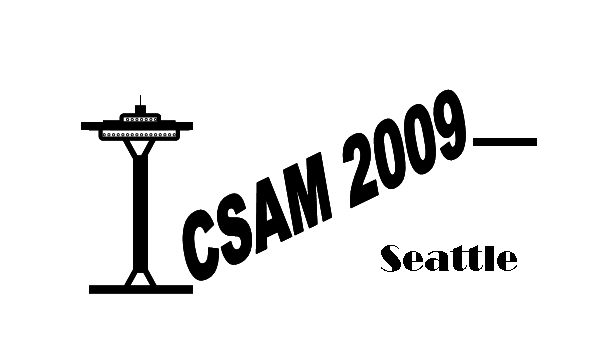The low-temperature superplastic flow behavior of two lots of ultrafine Ti-6Al-4V sheet, was established by performing tension tests, in vacuum, at temperatures of 775 and 815°C and true strain rates of 10-4 and 10-3 s-1. The as-received microstructures of the two materials comprised either equiaxed or slightly-elongated alpha particles in a beta matrix. The material with equiaxed-alpha particles exhibited flow hardening which was correlated with concurrent (dynamic) coarsening. The rate of dynamic coarsening was rationalized in terms of static coarsening measurements and the enhancement of kinetics due to pipe diffusion. By contrast, the material with initially elongated alpha particles exhibited comparable flow hardening at the lower strain rate but a complex, near-steady state behavior at the higher strain rate. These latter observations were explained on the basis of evolution of alpha-particle shape and size during straining; relatively large or small amounts of alpha-particle spheroidization and coarsening occurred at the lower and higher strain rates, respectively.
<< back
ICSAM 2009
June 29 - July 2, 2009
Bell Harbor International Conference Center
Seattle Washington
International Conference on Superplasticity in Advanced Materials 2009
10th International Conference on Superplasticity in Advanced Materials
©2008 University of Washington. All rights reserved.
©2008 University of Washington. All rights reserved.